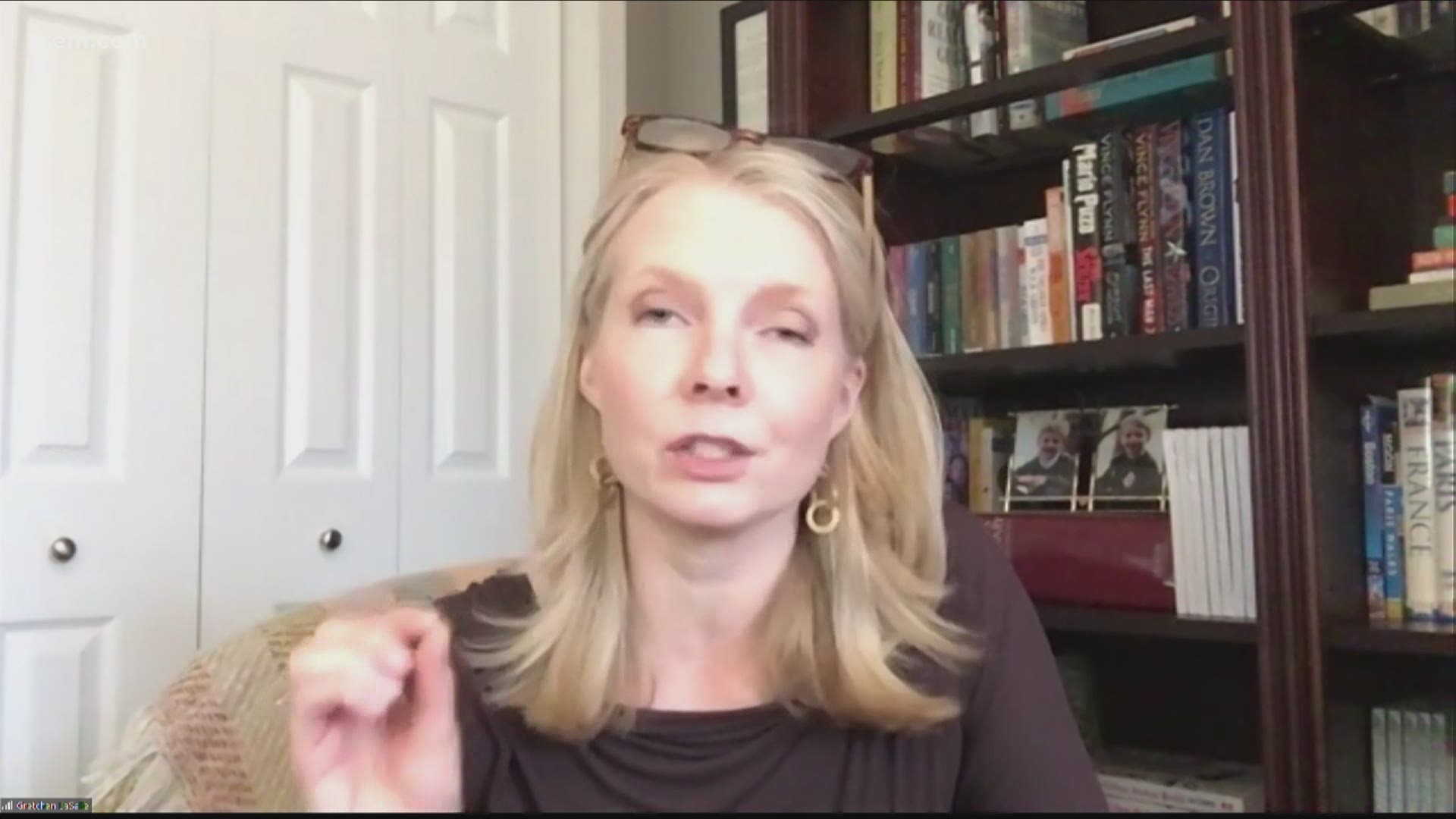SPOKANE, Wash. — As of Tuesday, 42.5% of the U.S. population had received at least one dose of a COVID-19 vaccine and 28.9% of the population is fully vaccinated, according to the CDC.
The Center for Disease Control said about 8% of Americans have missed their second dose appointment. However, the CDC also said this number did not take into account vaccine appointments at different clinics.
Doctor Gretchen LaSalle is a Family practice physician with MultiCare. She answered some of the biggest questions surrounding the coronavirus vaccine.
Is the vaccine safe for children?
Dr. LaSalle said both Pfizer and Moderna have done studies looking at kids over 12 years old. She said those studies have not shown signals of safety concerns or any serious adverse events caused by the vaccine.
She added children tend to have the same side affects from the vaccine as adults have.
“The first vaccine is pretty well tolerated the second one is a little bit more of a doozy as far as aches and tiredness and maybe a low-grade fever," she said. "Those side affects are temporary, short lived and easily managed with Tylenol, fluids and rest.”
Do kids even need to get vaccinated?
While kids fair better than adults with the virus, Dr. LaSalle said there's two reasons why children need the vaccine.
First, children are not immune to the effects of the coronavirus. Dr. LaSalle mentioned a condition called multisystem inflammatory syndrome in children (MIS-C) where multiple organs are affected by the virus with unknown long-term effects.
"Some of them are also suffering from what’s come to be known as long-hauler syndrome," she said. “There’s a lot we don’t know about the virus going forward. What is it going to do to us 5, 10 years down the line. Only time will tell that."
Dr. LaSalle said children also play a big role in transmitting the virus. She cited a study done by the CDC that focused on hot-spots around the country between April and September of 2020.
"What they saw is that the highest rates of positive test results were in our children, teens and young adults," LaSalle said. "So that age group can drive outbreaks so it’s really important to get them vaccinated if we’re going to stop this virus from spreading.”
Does the vaccine cause infertility?
Dr. LaSalle said rumors that the coronavirus vaccine causes infertility are not true.
“The theory is that because the spike protein and a placental protein share a little tiny stretch of genetic material that antibodies to the spike protein could also cause antibodies to the placenta. But this is exceedingly unlikely," she said.
“It’s just extremely, extremely unlikely. The other thing to know is if that were true, which it’s not, we would see the same thing with the COVID illness," LaSalle continued. "We know that COVID infections bring so much greater risk to people, especially during pregnancy. The vaccine is very safe. Much, much, much safer than getting COVID itself.”
LaSalle said she wants people to remember the importance of vaccination in getting the COVID-19 pandemic under control.
"The faster we can get people immunized, the more people get immunized, the faster we’ll get to some semblance of normal life. So get out there and get your vaccine," she said.

